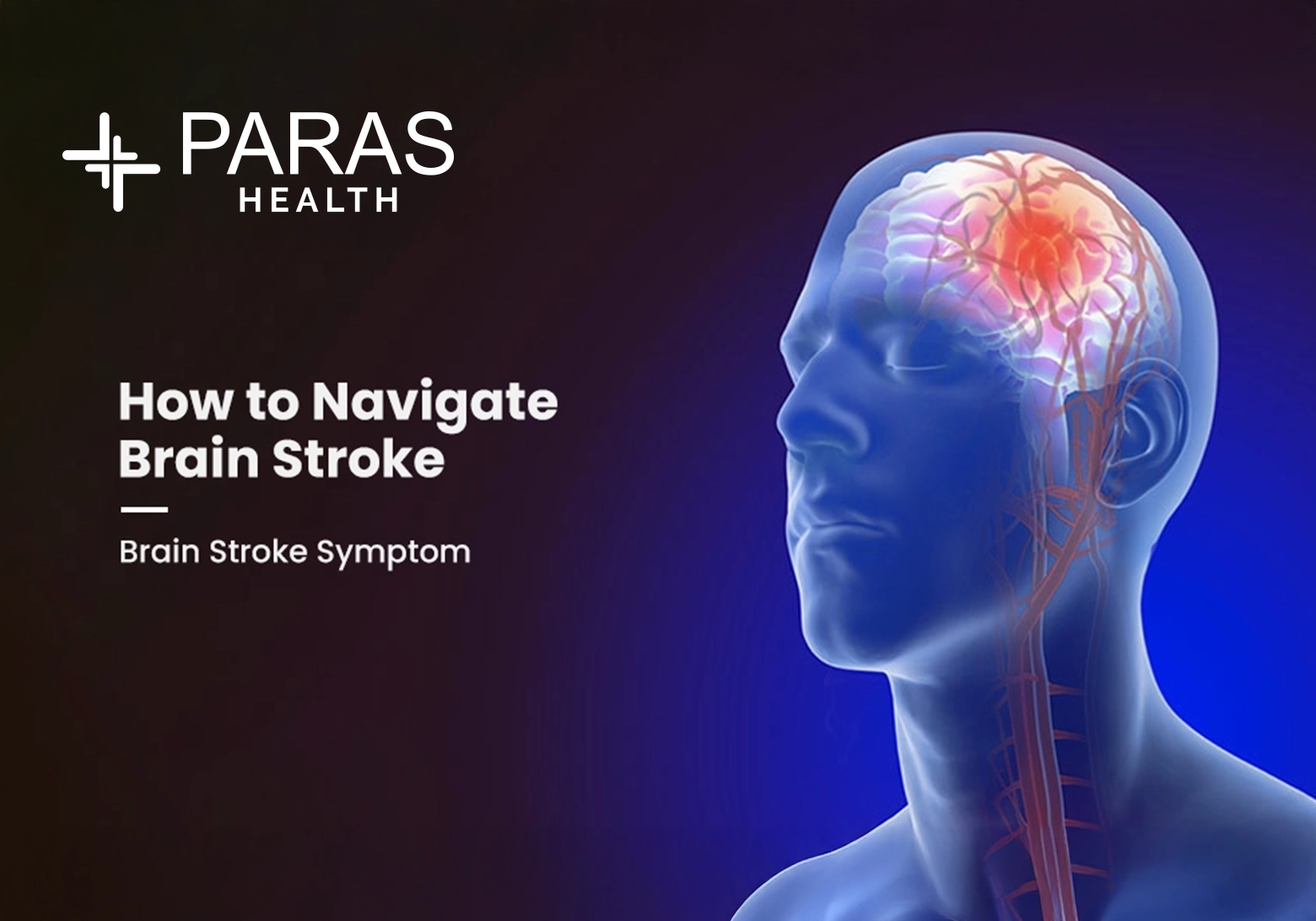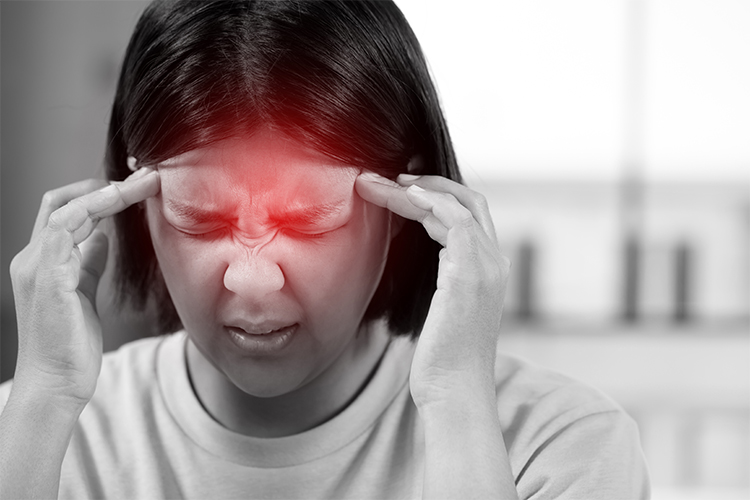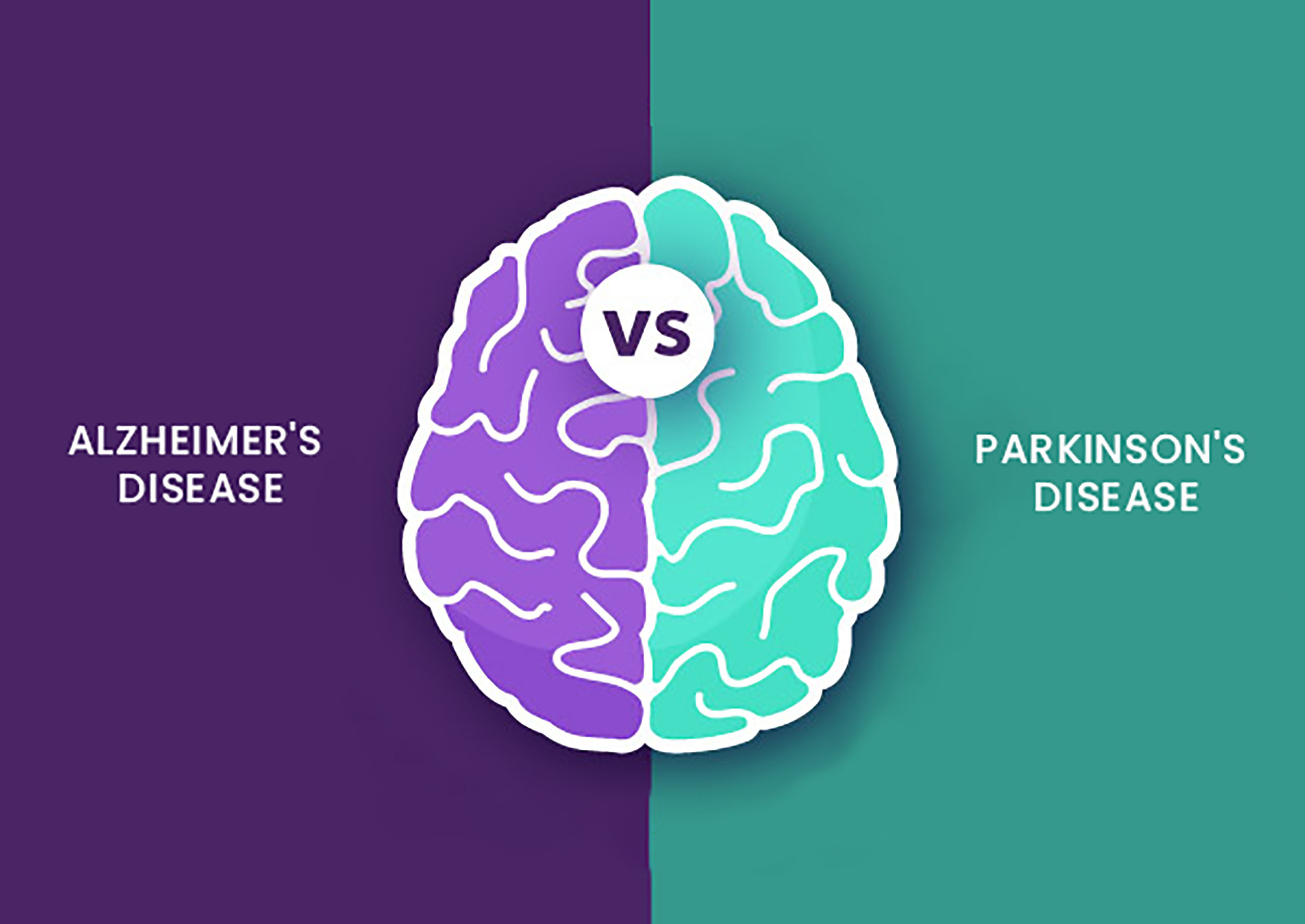Symptoms and Causes of Brain Tumor

Apr 19, 2022
Brain Tumors can affect any age group. Tumors can be benign (tumor, or growth that is not cancerous. It doesn’t spread to other parts of the body) or malignant (here the cancer has spread to other parts of the body). Tumors can involve any part of brain and depending on part that is affected symptoms may vary. Hence the signs, symptoms, treatment modalities depend on the following aspects:
- Type of Brain Tumor
- Location of the Brain Tumor
- Size of the Brain Tumor
Signs and Symptoms:
Brain tumors may cause generalized disturbance of brain functions and lead to problems like intellectual decline, personality changes, emotional lability, epileptic fits, headache, nausea and vomitings.

Slowing of Mental activity, memory problems, speech disturbances can be noted like problems in understanding and expression of speech.
Paralysis of body part, double vision may occurs. Problems in vision, visual hallucination, auditory hallucination can occur. Imbalance of walking, falls, incontinence of bowel & bladder can be seen.
It is best that if you are suffering or experiencing any of the above stated signs and symptoms, it is best that you consult a doctor or a neurologist. The doctors shall examine you medically and also suggest few radiology tests to ascertain and rule out any abnormalities.
Early detection and timely treatment is essential as the cancers can be malignant and can spread to other parts of the body creating havoc. The extent of the cancer damage can be curtailed if the brain tumor is detected at an early stage. Doctors can recommend different treatment modalities depending on the above stated facts.
What causes Brain Tumors?
There are some definite risk factors for Brain Tumors, however at present there is no proved research that ascertain that there are any particular habit causes the same. Following are some aspects that have known to have caused Brain Tumors:
- Medical Radiation exposure like CT Scan, X Rays of Head.
- History of Cancers in childhood like Leukaemias, non hodgkins lymphoma in adults.
- Methotrexate injection given in spinal canal, radiotherpahy to head etc.
- Certain hereditary conditions like Neurofibromatosis, Tuberous sclerosis etc.
- HIV Infection and hormone replacement theraphy increases risk of Brain Tumor.
- Obesity increases risk of meningioma.
- There have been concerns regarding electric transmission cables, mobile phones, hair dyes but no definite proof is still available.







